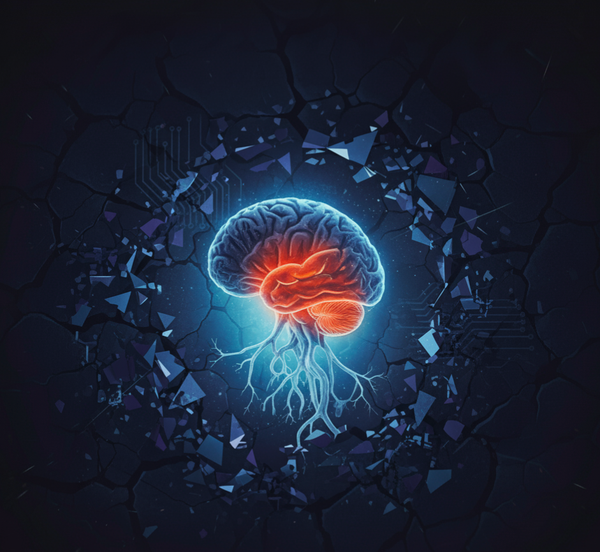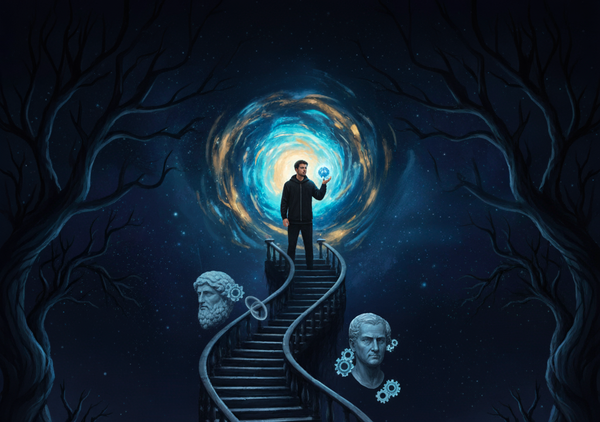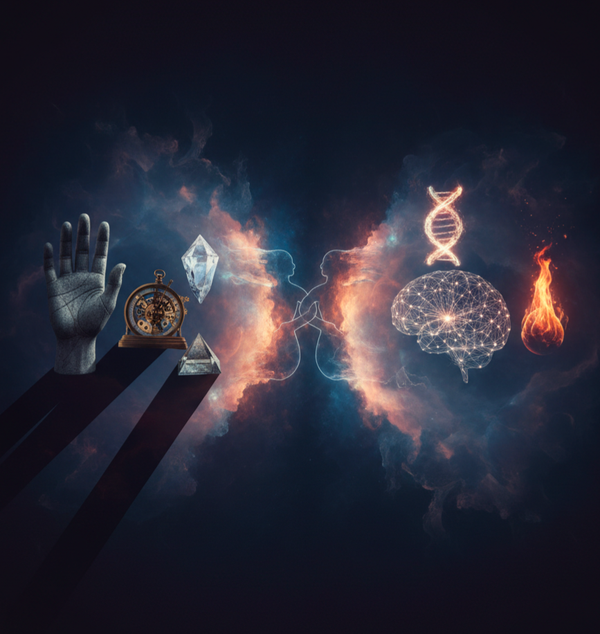Consciousness, the elephant in the room

Consciousness is the holy grail of our quest to comprehend who we are. We feel conscious, there is no doubt about it. But understanding consciousness has been outside our reach so far. It is a strange state of affairs, we have elucidated so many mysteries about the world, thanks to science, but consciousness is resisting scientific understanding.
Philosophers and scientists are split in three main camps:
- those who believe that the current conceptual tools that we have today are sufficient to understand consciousness. What we lack is a complete understanding of the brain. Hence more experiments are needed with the help of more powerful instruments. More powerful computers to digest the flood of data from the experiments. And new mathematical frameworks to make sense of the digestion.
- those who believe that, even if the conceptual tools are sufficient, we need to assign a new property to objects, that of consciousness. Hence, objects would have this new property as they have the property of mass. A very specific arrangement of objects with very limited consciousness gives rise to our feeling of consciousness. Such objects could be the neurons in our brain.
- those who think that we will never understand consciousness.
Geneosophy allows one to comprehend the futility of trying to understand consciousness, hence we are in the third camp. Consciousness is beyond our understanding capabilities, nevertheless consciousness can be comprehended, assuming you can tell the deep difference between understanding and comprehending. Current conceptual tools are not sufficient, they are geared towards understanding. We need new conceptual tools to express comprehensions and verify them.
Sometimes consciousness is metaphorically represented as the elephant in the room, the room being the conceptual place of the expression of our understanding. We keep looking for the elephant in the room, we feel it must be there because we feel it, but cannot find it.
Let's combine this metaphor with another one: thinking outside the box. Now, if we equate the room with the box, a different way of approaching the quest for consciousness would be to look for the elephant outside the box (outside the conceptual place of understanding). In addition we should consider consciousness as the box itself and the box being within the elephant that allows that box to be manifested.
I must admit that I had fun playing with metaphors. Metaphors can be helpful to develop a new perspective, a way to start thinking differently. Although they are imprecise within the Geneosophic conceptual framework.




